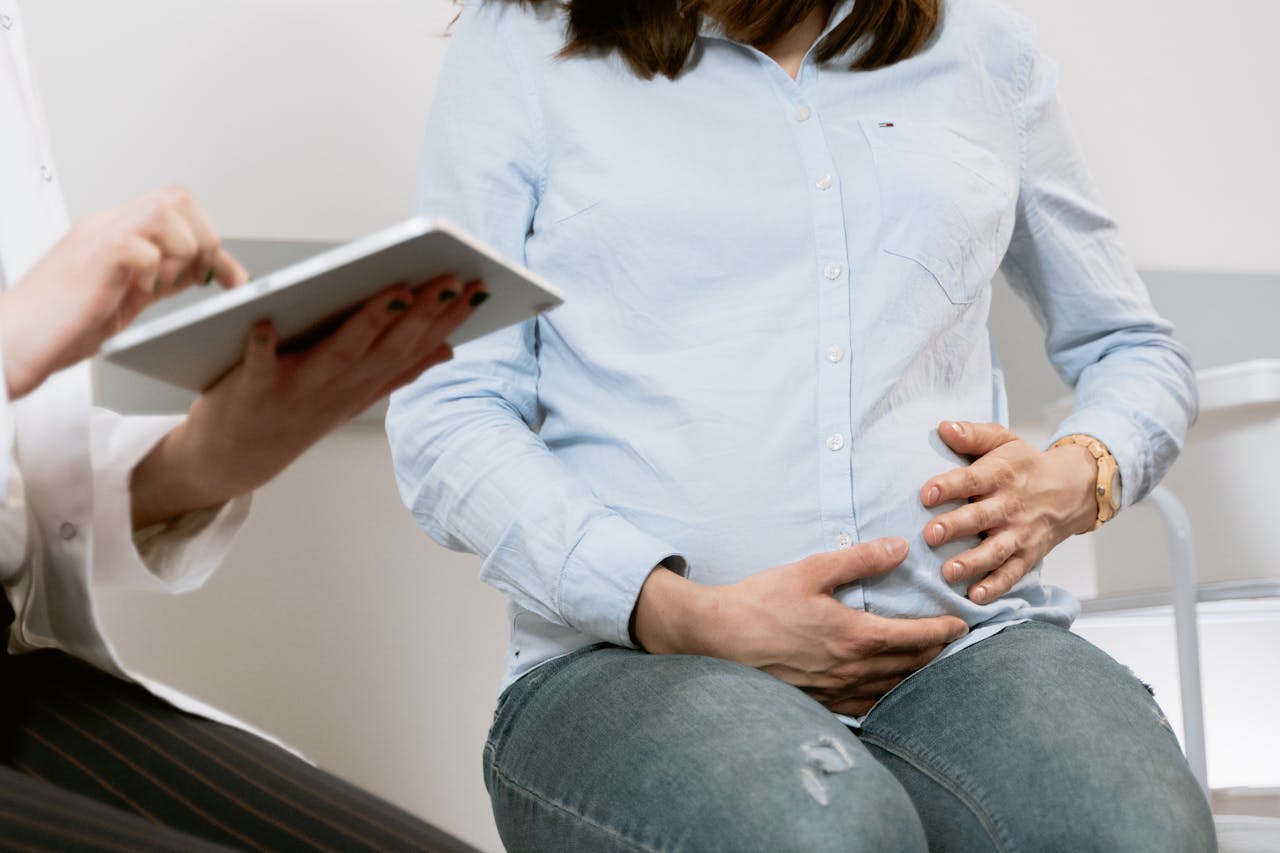You probably are not looking forward to your yearly trip to the gynaecologist. However, in terms of your health, it is among the most significant dates on your calendar.
We have to break the misconception that the yearly checkup consists solely of a pap smear.
The annual visit is a crucial appointment that can ensure your health needs are being met and detect conditions like fibroids or ovarian cysts that you may not be aware you have, even though the pap smear is no longer performed annually.
Here are some tips on how to make the most of your yearly gynaecological checkup, at every stage of life, to better prepare you for it.
Teenagers And Young Adults
Teenagers and young people, especially those under 21, should also have regular follow up.
This is to not only talk about your menstrual cycles but also sexual health issues.
When a young woman first begins having menstrual cycles, sometimes they can be very irregular and/or very heavy and painful.
However, you may be unaware of what is too heavy or erratic. A gynaecologist can support you in understanding her cycle.
Young women can also consult their gynaecologist about their wishes and desire for sexual engagement.
You can discuss your sexual health, preventing STDs, and your need (if any) for contraception during that time.
Adult Years
During annual appointments in your 20s, 30s, and early 40s, one of the main subjects of discussion is pregnancy, if you are keen, along with your menstrual cycle and history of sexual health.
Addressing women’s unique health concerns and maximising their health prior to conception is essential.
Vitamins and possibly some test work may be required to get started on your pregnancy.
Your gynaecologist can also talk to you about reproductive and fertility services available if you are having difficulty in getting pregnant and have issues such as polycystic ovary syndrome (PCOS) and endometriosis.
During And After Menopause
Preparation is needed as physical changes, menstrual cycle and sex drive changes occur for women in their 40s and 50s who may be in their perimenopause phase, which is the transitional period immediately preceding menopause.
You could begin having symptoms like hot flashes, vaginal dryness, and mood swings as your cycles are changing.
You should talk to your doctor about these symptoms and get treated if needed.
Other subjects that could cause awkwardness in this age group should also be addressed during the yearly visit.
There might be concerns of low sexual drive, urine leakage, or prolapse of the reproductive organs which can be sensitive topics to discuss.
Being post-menopausal means, you will still need to have a follow up for cancer screening and health maintenance, including getting a mammogram, pap smear, and bone density scan done.
Important Things To Remember All Your Life
Your gynaecologist’s clinic should be a safe space. You are free to talk about anything related to your physical and mental health.
Even though there may be some awkward topics to talk about during your annual checkup, try not to be shy.
It is likely that your gynaecologist has already seen and heard what you plan to share. Withholding facts or staying silent could be harmful to your health.
Additionally, bear in mind that your doctor is there to help keep you safe, not to judge your decisions.

Dr Bheena Vyshali is a consultant gynaecologist at Beacon Hospital.
- This is the personal opinion of the writer or publication and does not necessarily represent the views of Ova.












